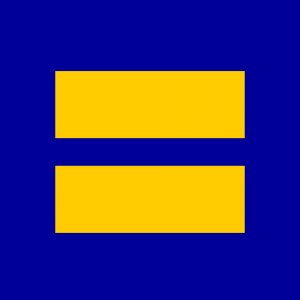Los Angeles, Long Beach and West Hollywood were among the California cities receiving high marks today in a study of government attentiveness to LGBT issues.
The cities each earned perfect scores of 100 in the Municipal Equality Index released by the Human Rights Campaign. The average of California cities surveyed was 73, and the national average was 55.
 “This year, dozens of cities across the nation showed they are willing to stand up for LGBTQ people in their communities even when some state governments are not,” said HRC President Chad Griffin. “This builds on a trend we have long observed — that local governments are at the forefront of our fight for equality,” Griffin said. “Unfortunately, our opponents have witnessed this progress too, and in recent years, anti-LGBTQ lawmakers have pushed spiteful legislation aimed at pre- empting local protections.”
“This year, dozens of cities across the nation showed they are willing to stand up for LGBTQ people in their communities even when some state governments are not,” said HRC President Chad Griffin. “This builds on a trend we have long observed — that local governments are at the forefront of our fight for equality,” Griffin said. “Unfortunately, our opponents have witnessed this progress too, and in recent years, anti-LGBTQ lawmakers have pushed spiteful legislation aimed at pre- empting local protections.”
The survey rates cities on 41 criteria, including passage of non-discrimination laws, employment and contracting policies, transgender benefits, inclusiveness of city services, law enforcement and representation by LGBT leaders.
Eleven cities in California received perfect scores, compared to eight last year. Along with Los Angeles, Long Beach and West Hollywood, they were San Diego, Cathedral City, Guerneville, Palm Springs, Rancho Mirage, Sacramento, San Francisco and San Jose.
The number of U.S. cities that scored 100 in this year’s survey was 60, up from 47 last year and 38 the year before.
West Hollywood received 14 bonus points for an unofficial score of 114/100 in recognition of services to LGBT people and people with HIV/AIDS, for LGBT elected and appointed leaders, for being a welcoming place to work, and more — the city’s official score, however, is based on 100 total points for a rating of 100/100.
For the first time this year, the index deducted points from the scores of cities that have non-discrimination protections that prohibit people from using public facilities consistent with their gender identity.
Also, a new category of points was created to recognize cities that are offering transgender-specific city services.
